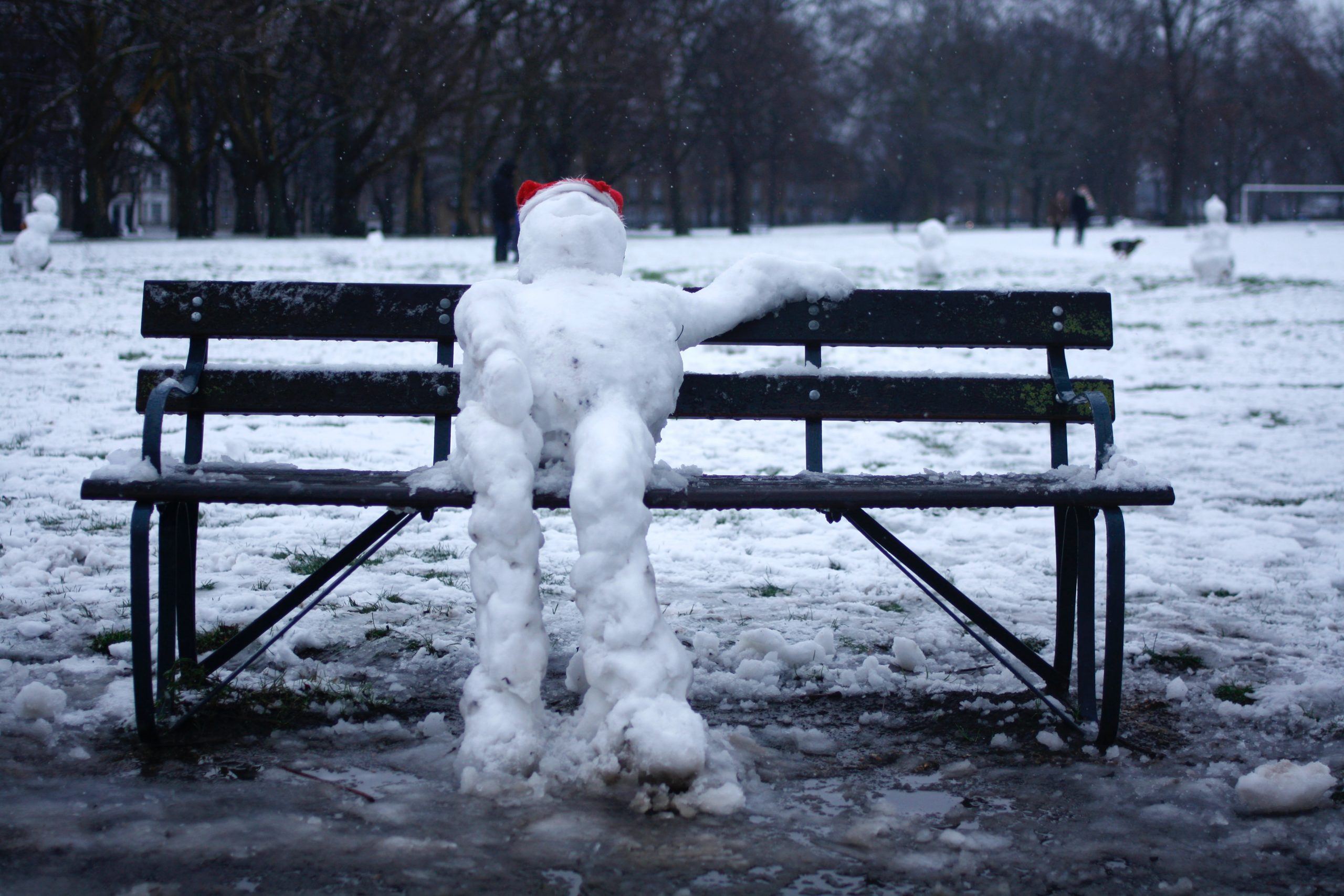It’s January. We begin to hid away to protect ourselves from the cold and reminisce about the freedom of summer and the quite of a home when the kids are playing outside. We reflect on past goals and progress we’ve made throughout the year. In doing this, we unintentionally prime ourselves to notice the things that have gone undone. Every dusty corner of our home or leftover holiday decoration seems to follow us. We question if our children have learned enough. We ask ourselves if we have done enough.
This is natural. We want our lives to move in an upward fashion, one step above another. And, the idea of January as a ‘fresh start’ brings more attention to this ideal. However, this really isn’t how human development works–at any age. Dr. Montessori proved time and time again that humans shift and move- in all directions — not just forward. We have stages and phases. For example, as each child come sto the end of their stage of development, Montessorians know that child will revert to tendencies and habits from earlier in that stage. A 5-6 year old may revisit the tantrums of toddlerhood. But, this reversion is a part fo the process of growth. Our bodies, minds, and hearts have different needs at different stages. The 7th grader who seems to not care about school work (or anything academic fo rthat matter) is not doomed to a life of disengagement. Just as we are not doomed to a life of unmet goals just because things slow in the winter.
So this winter, what if we turned to January not as a time to get back on track with our goals, but as a phase of calmness? A hibernation or hygge? A time to celebrate the little moments that happen between growth.


